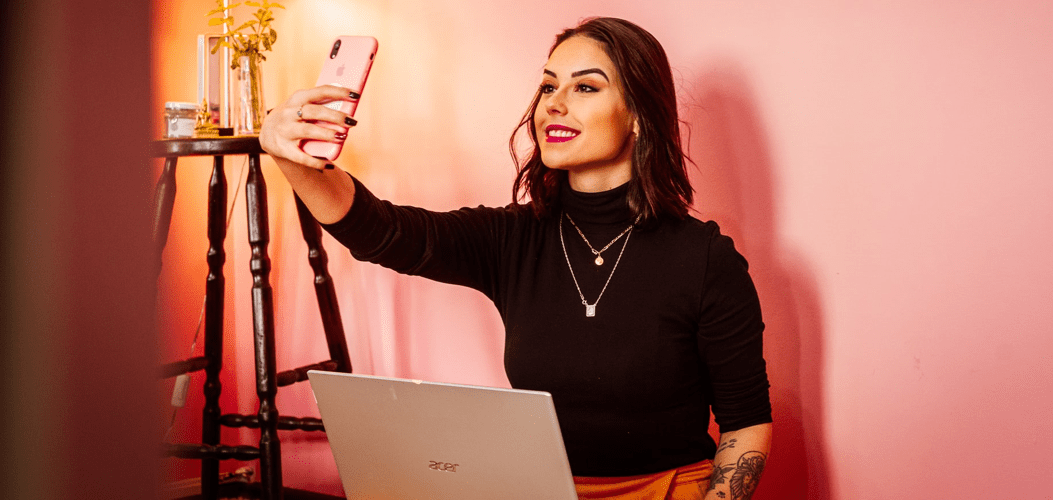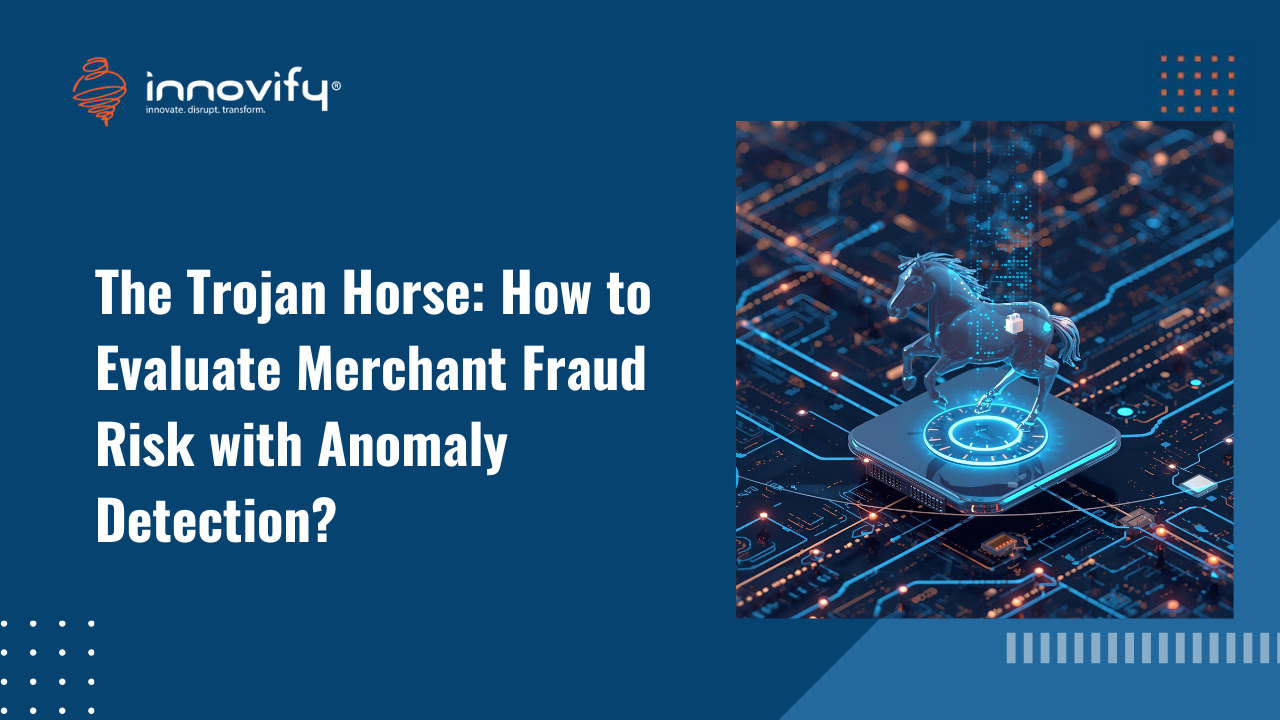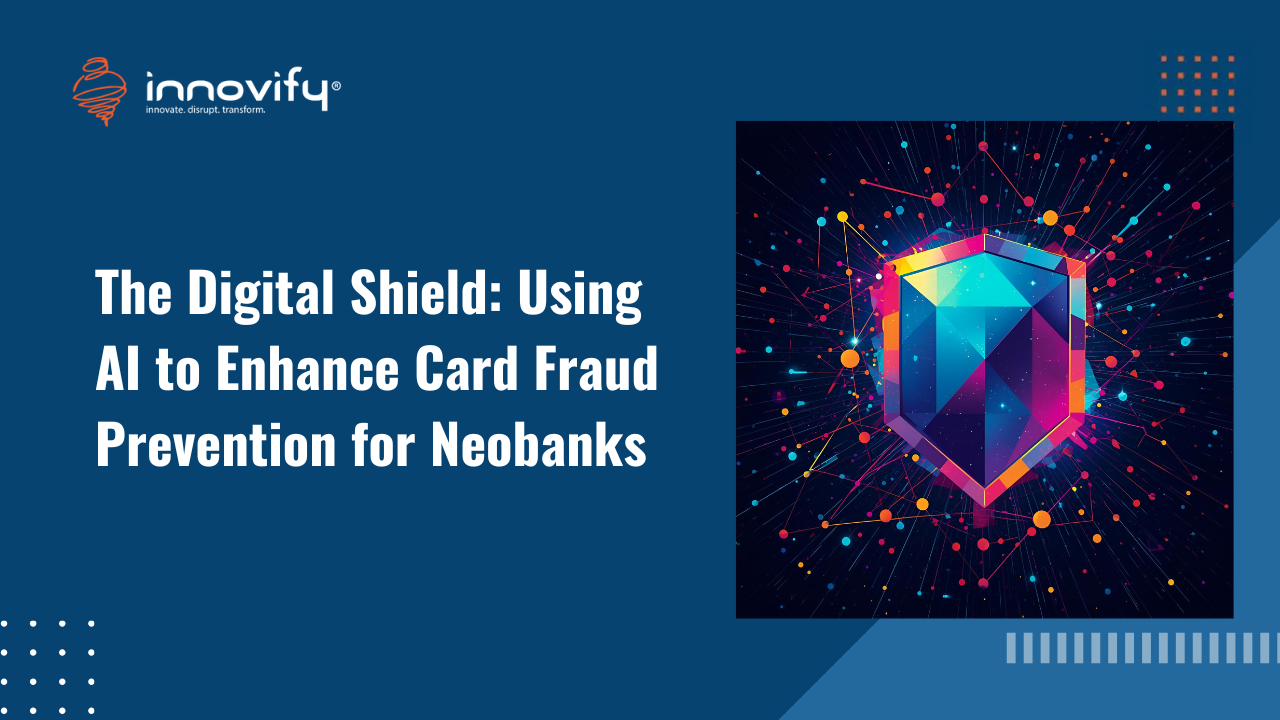AI/ML
The Impact of Social Influencers on Marketing: An Insider’s Look
Marketing a brand or product above the general digital noise of can prove to be a bit tricky for some businesses, with the demand to go viral™ and be the next big thing™ all too often becoming the focus of many marketing campaigns.
At our recent #ProductTalk event on growth hacking, we were fortunate to have a representative from a new breed of marketing agency, called Influencer, who focus solely on building reputable relationships between credible brands and influencers. Founded by one of the most famous British YouTube stars, Casper Lee, Influencer is one of the first agencies of its kind in the UK, to use a new hybrid of marketing to engage new audiences across social media channels by pairing the right influencer with a reputable brand, with the result being very high-conversion rates and increasing sales. They call it influencer marketing.
In his presentation (see here), Influencer Sales Director Ryan McKinnia, touched upon why influencer marketing has taken product promotion by storm and how their agency looks to use insight and research to place the right influencer with the right products. As well as giving some exclusive tips on how to be great at influencer marketing, Ryan also gives some great examples of where it has not quite worked out. We explore this new hybrid of marketing and what the hack™ elements are to running a successful influencer marketing campaign.
What is an influencer?

As described by Ryan, a social media influencer, also known as a creator, is someone who has a strong online presence, usually measured by high follower numbers on social channels such as YouTube and Instagram. They are often considered in the influencer industry as being key opinion leaders™ as they hold a certain sway over purchase decisions of their audience due to their knowledge or enthusiasm on products or services. They grow their channels organically from creating engaging, click-worthy content and strive to gain the elusive blue ticks for their channels once they reach a certain number of following and engagement on their posts. They are average Joes™ not particularly famous for doing anything else other than posting regularly online. Their success seemingly relies on being authentic, relatable and real. By allowing their followers into their lives via video streaming, and sharing every corner, influencers become familiar to their audiences and quickly build a trustworthy persona.
What is influencer marketing?
Influencer marketing is a type of advertising that involves collaborating with well-known people who have large social media followings to promote a product or service. Influencer marketing aims to enhance brand exposure and boost sales by leveraging influencers’ authority and connections with their followers.
Influencer marketing has emerged as an efficient means for companies to connect with their target audience as a result of the growth of social media. By producing top-notch content that connects with their audience, social media influencers have amassed a devoted and active following. These influencers can be anyone who has built a sizable following on social media platforms, including celebrities, bloggers, YouTubers, Instagrammers, and business professionals.
Influencer marketing has the potential to be a very powerful tool for brands looking to engage with their target demographic. Conventional types of advertising, such as print and television ads, can be pricey and might not be able to generate the same level of engagement as influencer marketing. Influencers have a close relationship with their fans, and their audience respects and trust their judgment. Because of this, influencer marketing is an effective method for increasing sales and brand loyalty.
Influencer marketing can also build long-term relationships between brands and influencers. This type of partnership can benefit both parties, as the influencer can receive ongoing support from the brand and access to new products and services. Brands can also benefit from this partnership by working with influencers to develop new content and campaigns that will resonate with their audiences.
Using celebrities simply doesn’t cut it anymore
From Kylie Jenner promoting Pepsi, to the latest TOWIE star advertising fad diet shake, celebrities from A to Z list have been adding #spon and #Ad to their posts since Instagram introduced advertising guidelines. However, most of the time the products these celebrities are advertising are usually not that reputable and simply don’t resonate with the majority of their audiences online. As Ryan mentions, it’s important to remember celebs are not influencers. In his talk, touches on a great example of footballer, Cristiano Ronaldo, who naturally has lots of followers- 170 million to be exact- and often relies on his heavy social presence to promote questionably reputable products such as Sixpad; a product that claims to transform your body to having a rippling 6 pack just by using some electronic pads. There are hundreds more examples of these rather dubious pairings which is possibly where the air of skepticism from the marketing industry comes from, with this new concept of advertising. Influencer marketing appears to have far more authenticism as popular social media personalities hold far more klout on channels that brands want to target reaching new audiences that some brands may not have before. Take Mrs Hinch and her army for example, her constant use of particular sponges and various cleaning ‘hacks’ have seen sales for a certain spong hit 5 times its RRP. Any number of celebrities can share their love of cleaning or running but it doesn’t spike the sales of certain trainers or mops in the same way a 29-year-old woman from Essex has. Growing a credible presence online is part of any successful brands’ journey and by tapping into an already captive audience, by using social media stars, there is far more potential for the brand to become the next ‘must-have’ thing.
Perhaps the most famous example of when a campaign using only celebrities to promote a product went spectacularly wrong was the elusive Fyre festival. This mystical event started to spark interest on Instagram by using glamorous promotion videos featuring the world’s most famous supermodels including Kendal Jenner and Bella Hadid, partying on a yacht and private island. Fyre Festival was a concept festival, creating a buzz online with using vague hashtags and engaging content to entice viewers to buy tickets for the non existent festival, marketed as ‘the most luxurious festival on a deserted island’. Generating ticket sales was no problem, despite the astronomical prices, it was only when logistics started to fail that the creators Billy McFarlan and Jarule became a victim of their own campaign with the festival making headlines for all the wrong reasons.




